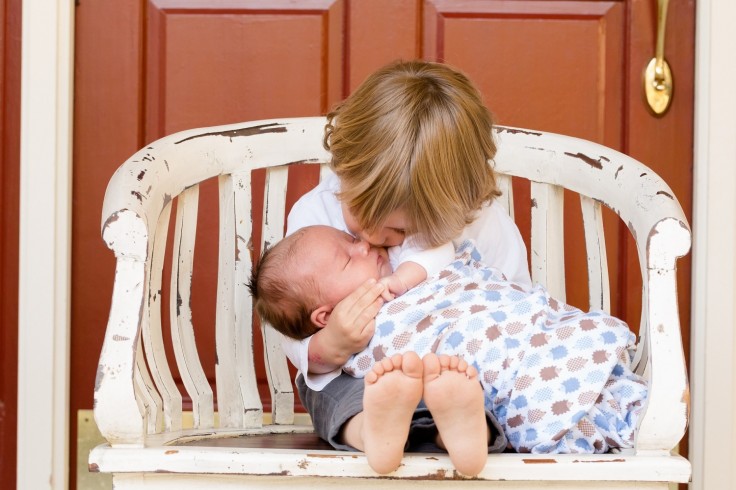
Parents and kids have clearly defined duties. Parents care for the child while the latter focuses on development and growth. But these roles are sometimes reversed, with the juvenile acting as a caregiver. Thus, the child may take on adult responsibilities such as meditating on family conflicts at an early age. This role reversal is commonly known as parentification.
Becky Kennedy, Ph.D., a licensed clinical psychologist in New York City, says children who grow from this setup recognize their own needs and feelings as threats.
A parentified child may feel forced to look after their parents or siblings and think they instantly became adults before they were ready for the role. Becoming a little parent entails extreme responsibility, including emotional burdens that hugely impact a child's development.
Parents are expected to provide their kids unconditional love and other necessities such as food, shelter, and daily structure. However, in the parentification setup, the role got reversed. A parent takes from them rather than giving to their child. At times, the juvenile may voluntarily take them on. Eventually, the child assumes that taking on parents' duties is one of the ways to maintain closeness to them.
Why does parentification happen?
Aude Henin, Ph.D., Co-Director of the Child Cognitive-Behavioral Therapy Program at MGH, explains that the reason behind parentification may vary because every household is different. However, this usually unfolds when the parent encounters some form of emotional or physical impairment that affects the ability to assume the role of a reliable and predictable caretaker.
It can take the form of disability, addiction, or mental or physical illness.
Sadly, some parents are thrown into the parentification process by life events. On the other hand, kids are left wondering why they need to do certain things when they have their parents with them. However, children need to figure out the answers to their questions to feel safe from an attachment perspective.
Thus, if youngsters realize that caring for loved ones, specifically parents provides feelings of stability and love, they will take the role of caregiver despite being beyond their developmental abilities per Parents.
Healing from parentification
If you think you're ready to heal and move forward, you may want to contact or reach out to a mental health professional, especially when experiencing anxiety or depression. Cognitive Behavioral Therapy (CBT) might also help you change your thoughts, including your own feelings.
Unfortunately, only some individuals who grew up in this setup needs treatment, as some do not recognize themselves as parentified child.
You can also try exercises such as getting in touch with your inner child by listening to that young voice. You can give the inner child things you didn't experience or obtain in the past. You can also write a letter to your inner child to vent your emotions.
Formulating a dialogue may also help with healing. Try to speak to your inner child as if talking to a dearest friend. You can also keep a photo of yourself as a child and try to look at it and narrate everything you'd want to say, especially in the past, including the questions you were left wondering, Healthline says.